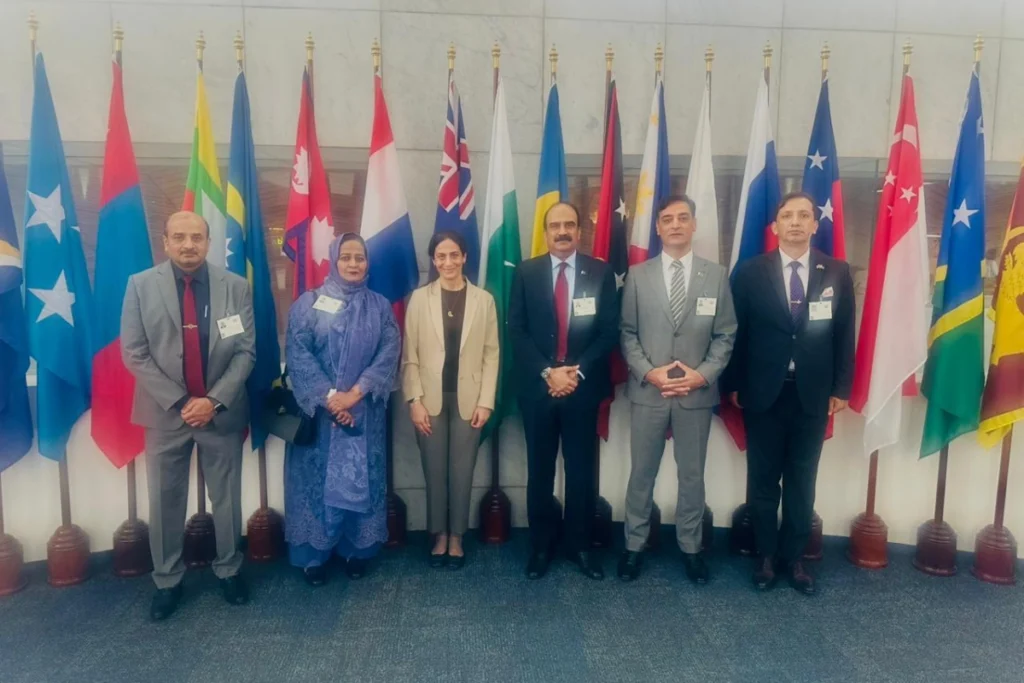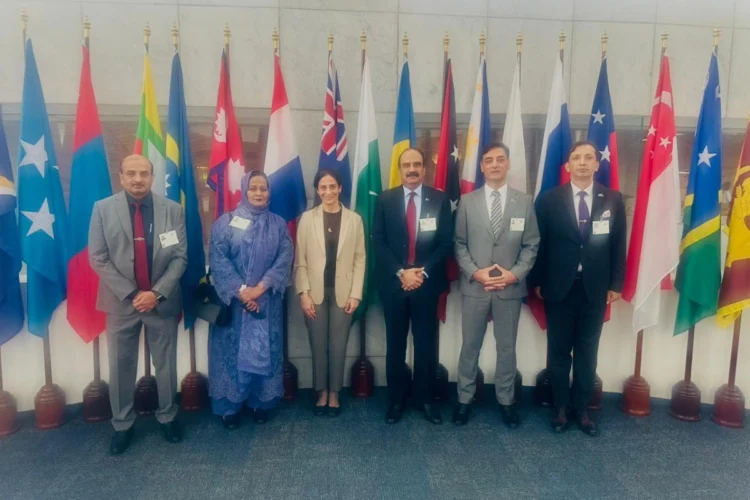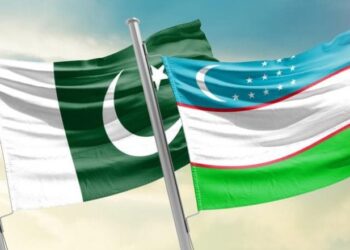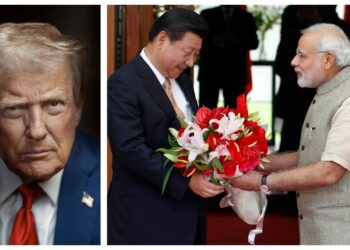
Bangkok: At the Third Ministerial Conference on Civil Registration and Vital Statistics (CRVS) in Asia and the Pacific, held in Bangkok, Pakistan presented its strides toward creating an inclusive, digitized civil registration system, reaffirming its goal of universal civil registration by 2030 under the UN-led “Getting Everyone in the Picture” initiative.
The Pakistani delegation, headed by Chairman of NADRA and Registrar General Lt General Muhammad Munir Afsar, outlined a decade of progress marked by the biometric registration of over 97 percent of the adult population. The team, comprising representatives from key ministries and provincial departments, emphasized that civil registration extends beyond record-keeping—it is vital for governance, development planning, and protection of citizens’ rights.
Key accomplishments presented included the digitization of birth, death, marriage, and divorce registrations across more than 165 districts, and the deployment of mobile registration teams in underserved regions of Balochistan, Sindh, AJK, and Gilgit-Baltistan. Pakistan also introduced its CRVS Inception Plan, which includes establishing model districts, linking hospitals and local governments with NADRA, and rolling out innovative tools for timely birth and death notifications.
Notably, Pakistan showcased its cutting-edge digital identity tools such as the Pak ID mobile app, which enables citizens to complete registration tasks remotely via smartphones—making access to services more efficient and user-friendly.
Despite these advancements, the delegation acknowledged challenges such as incomplete death registration and limited data on causes of death. In this context, Pakistan welcomed the extension of the CRVS Decade to 2030, allowing more time for capacity building and system enhancement. The support of international partners including UNESCAP, UNFPA, and UNICEF was also recognized as instrumental in driving reforms, staff training, and the implementation of digital tools.
Looking ahead, Pakistan stressed its commitment to developing a fully digital registration ecosystem aligned with national digital transformation strategies like the 5Es Framework and the URAAN Pakistan program. The country reiterated its dedication to ensuring that every citizen is registered and every life event is documented—laying the foundation for a more inclusive, accurate, and equitable public service landscape.
























